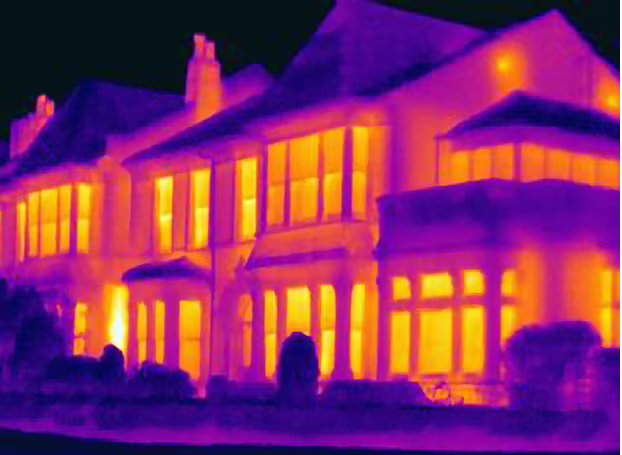Will a New Roof Make My House More Energy Efficient?
Investing in a new roof isn’t just about aesthetics; it’s also about energy efficiency. Your roof plays a significant role in regulating indoor temperatures and reducing energy consumption. But will a new roof truly make your house more energy efficient? Let’s delve into the factors involved.
1. Material Matters:
Choosing the right roofing material can significantly impact your home’s energy efficiency. Materials like metal, asphalt shingles with reflective coatings, and cool roof tiles are known for their ability to reflect sunlight and reduce heat absorption. These materials help keep your home cooler during hot summer months, thereby reducing the need for air conditioning and lowering energy costs.
Questions about material choice? Read more here.
2. Insulation and Ventilation:
Proper insulation and ventilation are crucial elements of an energy-efficient roofing system. Adequate insulation helps prevent heat transfer between your attic and living spaces, while proper ventilation ensures air circulation and moisture control. Investing in high-quality insulation and ventilation systems can improve your home’s overall energy efficiency and comfort levels.
The most efficient method of ventilation is installing ridge vents. A ridge vent will let the warm air from the house escape from the ridge of the roof.

3. Sealants and Weather Stripping:
Sealing gaps, cracks, and leaks in your roof can prevent air leakage and improve energy efficiency. Weather stripping around doors, windows, and attic access points helps maintain indoor temperatures and reduce energy loss. Regular inspection and maintenance of sealants and weather stripping are essential for preserving your home’s energy efficiency over time.
4. Solar Solutions:
Installing solar panels on your roof is another effective way to enhance energy efficiency and reduce utility bills. Solar panels harness renewable energy from the sun and convert it into electricity, providing a sustainable and cost-effective power source for your home. While the initial investment may be significant, solar panels offer long-term savings and environmental benefits.

A word of caution: Climate matters! Calculate if solar panels will be cost effective for you.
5. Professional Assessment:
Before investing in a new roof, consider consulting with a professional roofing contractor or energy auditor. They can assess your home’s current energy performance, identify areas for improvement, and recommend the most cost-effective solutions. A comprehensive energy audit can help you make informed decisions about roofing materials, insulation, ventilation, and other energy-saving measures.
Conclusion:
In conclusion, a new roof has the potential to make your house more energy efficient, but it depends on various factors such as roofing material, insulation, ventilation, and solar solutions. By choosing energy-efficient roofing materials, improving insulation and ventilation, sealing gaps and leaks, and exploring solar options, you can enhance your home’s energy performance and reduce utility costs. Remember to consult with professionals and conduct thorough research before embarking on any roofing projects. A well-planned approach to roofing can lead to significant energy savings and increased comfort for years to come.
SBS-Exteriors.com 724.918.1000
